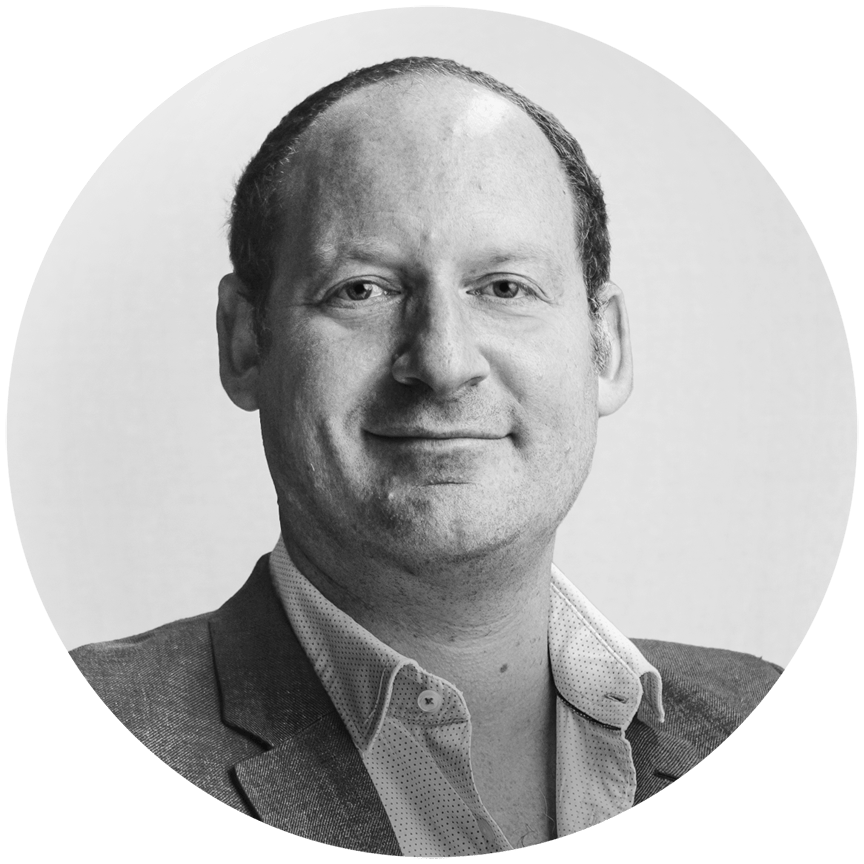

Reinventing the manufacturing
of biological medicines for
speed, scale, and lower cost.
This is the promise of next-generation manufacturing – the same kind of design and fabrication advances that created a wave of innovation, diverse products, and lower costs in modern electronics like smartphones, laptops, and gaming consoles.
Today, biological medicines are designed and produced like they were in the 20th century. Each treatment demands a unique development process and production line. This makes new treatments slow to develop, expensive to produce, and inaccessible to many, especially for diseases that don’t affect millions of people.
Four years ago, we set out to create new design tools and manufacturing technologies in Wellcome Leap’s RNA Readiness + Response (R3) program. Jointly sponsored by the Coalition for Epidemic Preparedness Innovations (CEPI), this $60 million initiative has demonstrated that new production techniques that replace old batch-based methods with modern continuous-flow methods, are feasible and scalable. We’re now entering the next phase: transitioning from a successful demonstration to building a global network of continuous-flow, state-of-the-art biological treatment manufacturing facilities – also known as biofoundries. Each biofoundry is flexible enough to cost-effectively and safely produce a single individualized treatment or millions of treatments.
These biofoundries will produce clinical grade encapsulated RNA continuously, from milligram-scale quantities for individualized cancer treatments to kilogram-scale volumes for global disease outbreaks. This flexibility turns what used to take years into something that can be done in weeks, enabling rapid response to emerging diseases, chronic conditions, and cancers that have long lacked solutions.
This is more than a technical upgrade. It’s a shift in the economics and accessibility of medicine. With such a scale-independent, continuous-flow biologics platform, we can dramatically lower the cost of drug development and production. This enables affordable cures for rare and underserved diseases, and ensures that new treatments reach patients everywhere, not just in wealthy nations.
R3 Program Milestones
In its first four years, the R3 team partnered with academia, biotechnology firms, and public health organizations to validate this new model for biologic manufacturing. The program has successfully advanced four diverse candidate medicines – including two infectious disease vaccines and a bi-specific T-cell engager for multiple myeloma – all now progressing toward their first clinical trial submissions in order to ensure safety and efficacy. Together, these clinical candidates show that continuous-flow RNA manufacturing is a transformative biomanufacturing innovation – delivering sequence-specific optimized, high-purity, safe biologics at lower cost. And that means across diseases and populations, more people get the care they need, when they need it.
Alongside the manufacturing innovation, the team developed advanced software tools that help scientists optimize the yield of their medicines by up to 100 fold – this means treatments can be just as effective at lower doses, making them safer, cheaper, and easier to deliver. These tools, akin to the semiconductor circuit-design automation that once transformed the chip industry, make it easier for a new generation of researchers and biotech startups to develop and deliver breakthrough treatments.
The analogy to semiconductors isn’t just a metaphor, it’s a blueprint. Just as chip foundries separated circuit design from manufacturing and unlocked an explosion of innovation, R3 Global aims to do the same for new biological medicines. We are creating a scalable and accessible model – a global manufacturing infrastructure that empowers designers everywhere to create and deliver new treatments without needing to build multi $100M factories of their own.
Next Phase: R3 Global
With the success of the initial program, Wellcome Leap, CEPI, and an international team of partners, are now launching R3 Global, an ambitious program to scale this discovery and production model worldwide. Over the next three years, we will establish a distributed network of biofoundries across multiple countries. These facilities will support the discovery and manufacture of countless new medicines, and, simultaneously, serve as agile, rapid-response engines to thwart future pandemics. A global brokerage service will optimize the matching of supply and demand, connecting biologic designers with manufacturing capacity. This will increase the number of breakthroughs, reduce manufacturing timelines, risks, and costs so that more medicines reach the people who need them.
This is a new kind of health infrastructure – one that doesn’t wait for the next crisis, but is built to respond immediately. One that treats medicine not as a luxury, but as a design challenge – solvable with speed, scalability, and global collaboration.
Program Director.
